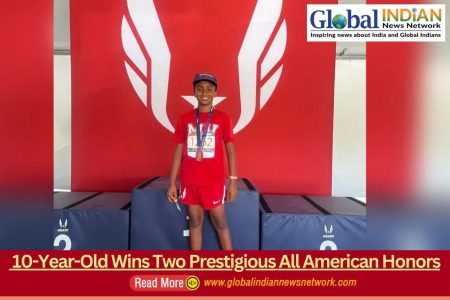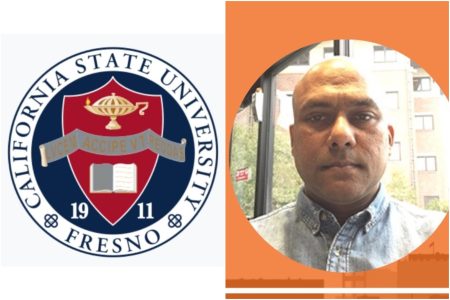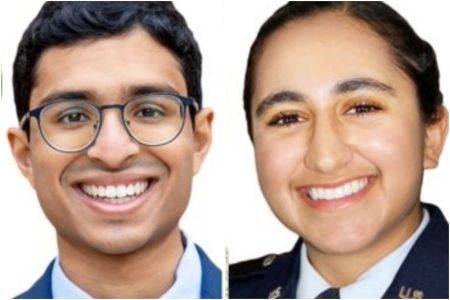 The Supreme Court made an anticipated decision on June 29, declaring affirmative action in college admissions programs at Harvard and the University of North Carolina unconstitutional. The court ruled that the practice discriminated against white and Asian American students, violating the 14th Amendment.
The Supreme Court made an anticipated decision on June 29, declaring affirmative action in college admissions programs at Harvard and the University of North Carolina unconstitutional. The court ruled that the practice discriminated against white and Asian American students, violating the 14th Amendment.
Following the ruling, Asian American organizations expressed their disapproval and organized protests in front of the Supreme Court. Interestingly, a Pew Research survey revealed that 60% of Indian Americans support affirmative action, and even among Indian Americans who lean Republican, 35% still support it.
Chancellor Pradeep Khosla of the University of California, San Diego, a prominent Indian American figure in academia, reassured his commitment to diversity despite the court’s ruling. He emphasized that race-neutral alternatives have been employed in admissions since 1996, resulting in increased student body diversity.
Aarti Kohli, Executive Director of Advancing Justice – Asian Law Caucus, called for action to address barriers hindering access to quality education and achieving economic equity and racial justice.
Indian American students expressed disappointment with the court’s decision. They valued campus diversity and believed that affirmative action was essential in leveling the playing field for historically marginalized groups.
The majority opinion written by Chief Justice John Roberts argued that some universities mistakenly focused on an applicant’s race rather than their individual achievements and challenges.
Justice Clarence Thomas agreed with the decision, stating that individuals should not be reduced to their skin color, and disparities are not always race-based.
However, Justice Ketanji Brown Jackson sharply criticized the ruling, suggesting that it would impede progress toward a colorblind society and perpetuate socio-economic gaps between white and Black individuals.
In his opinion, Roberts allowed for consideration of an applicant’s discussion of how race affected their life, whether through discrimination or inspiration. Some legal analysts find this part of the ruling unclear and subject to interpretation.










1 Comment
Great advice! I’ll definitely be implementing some of these tips.